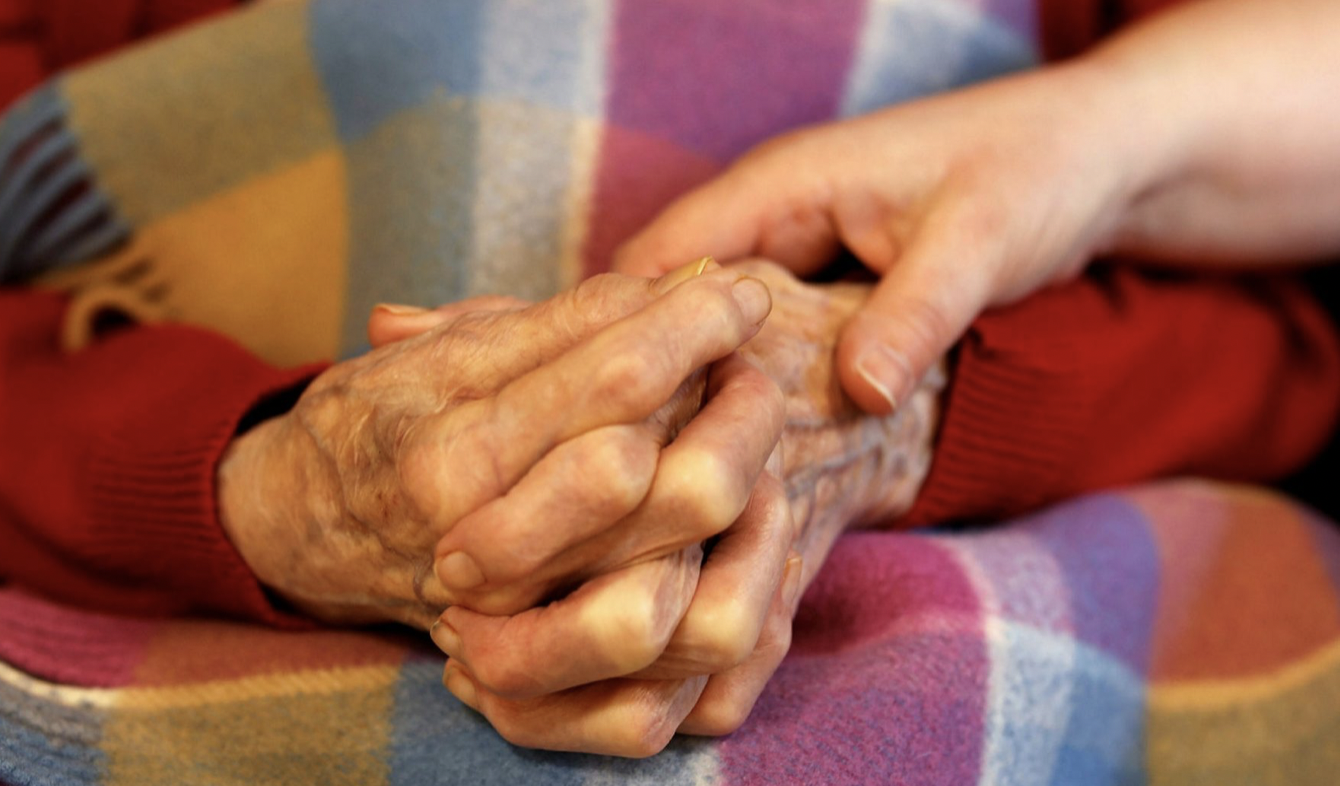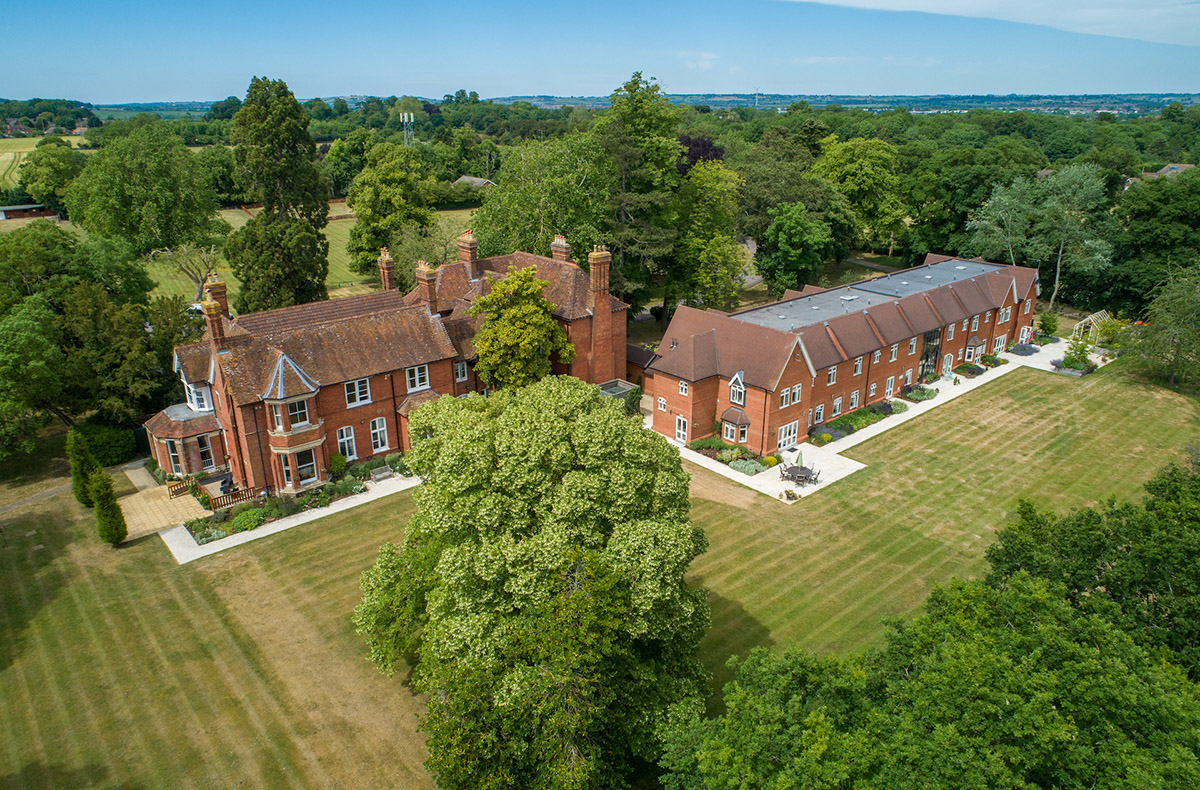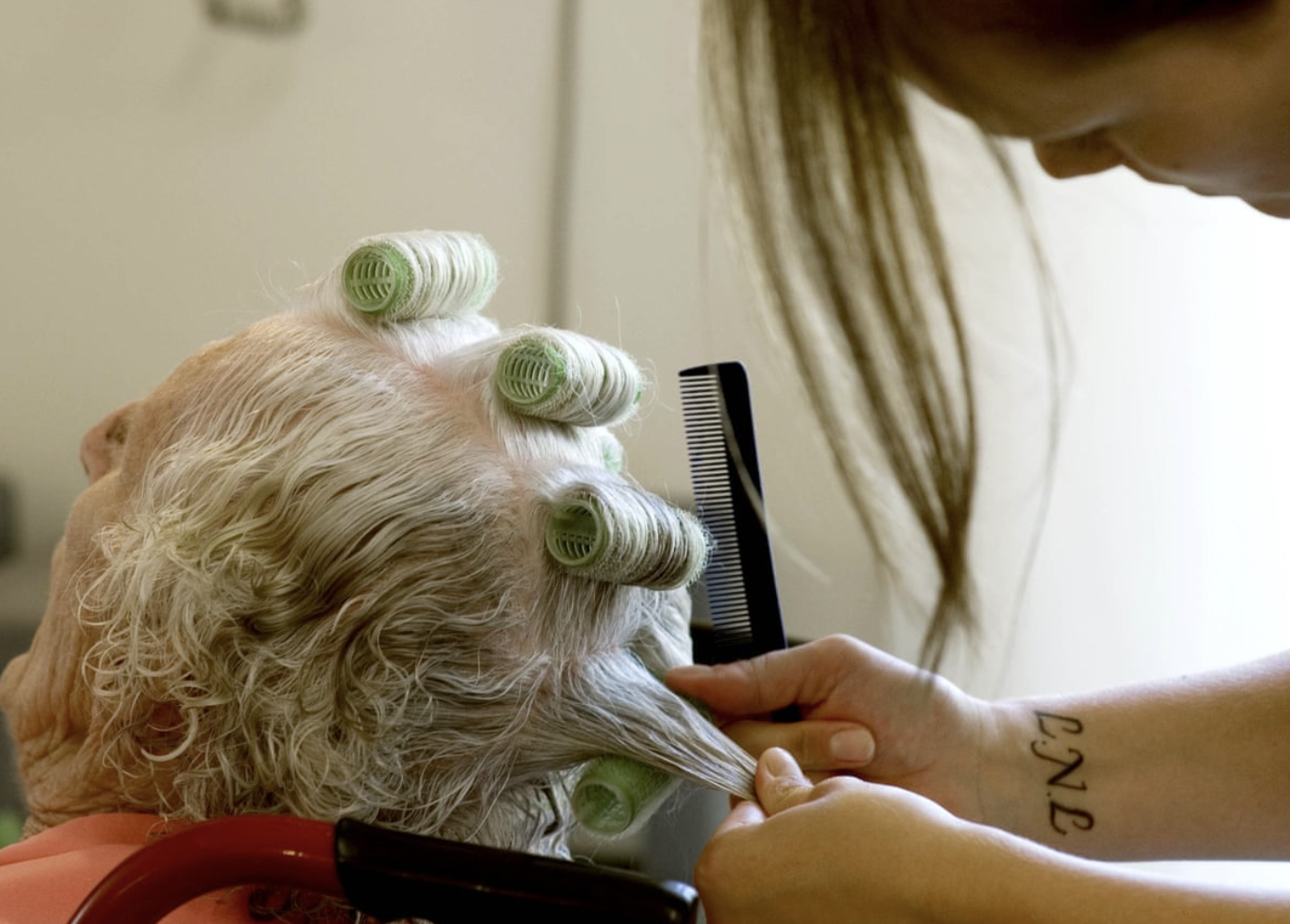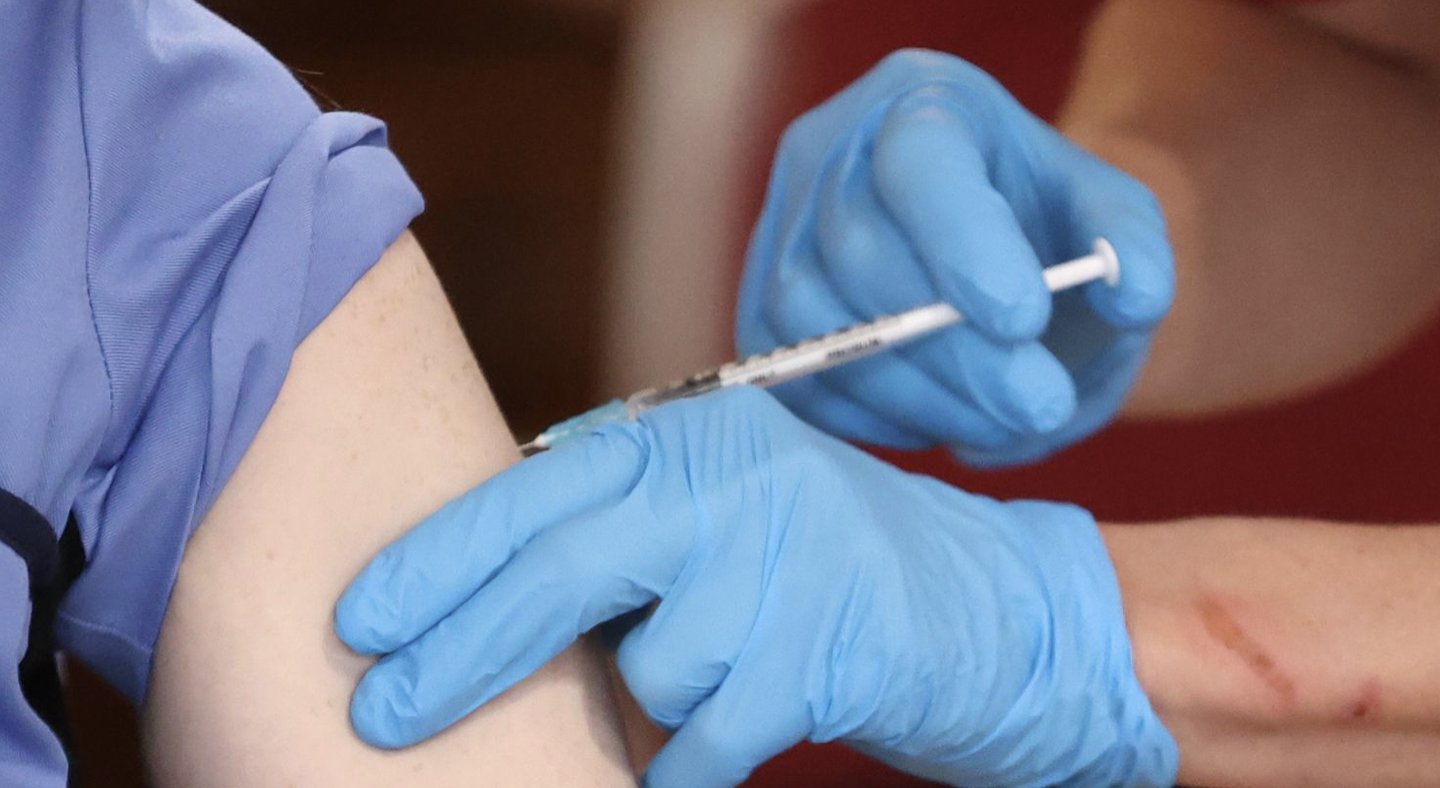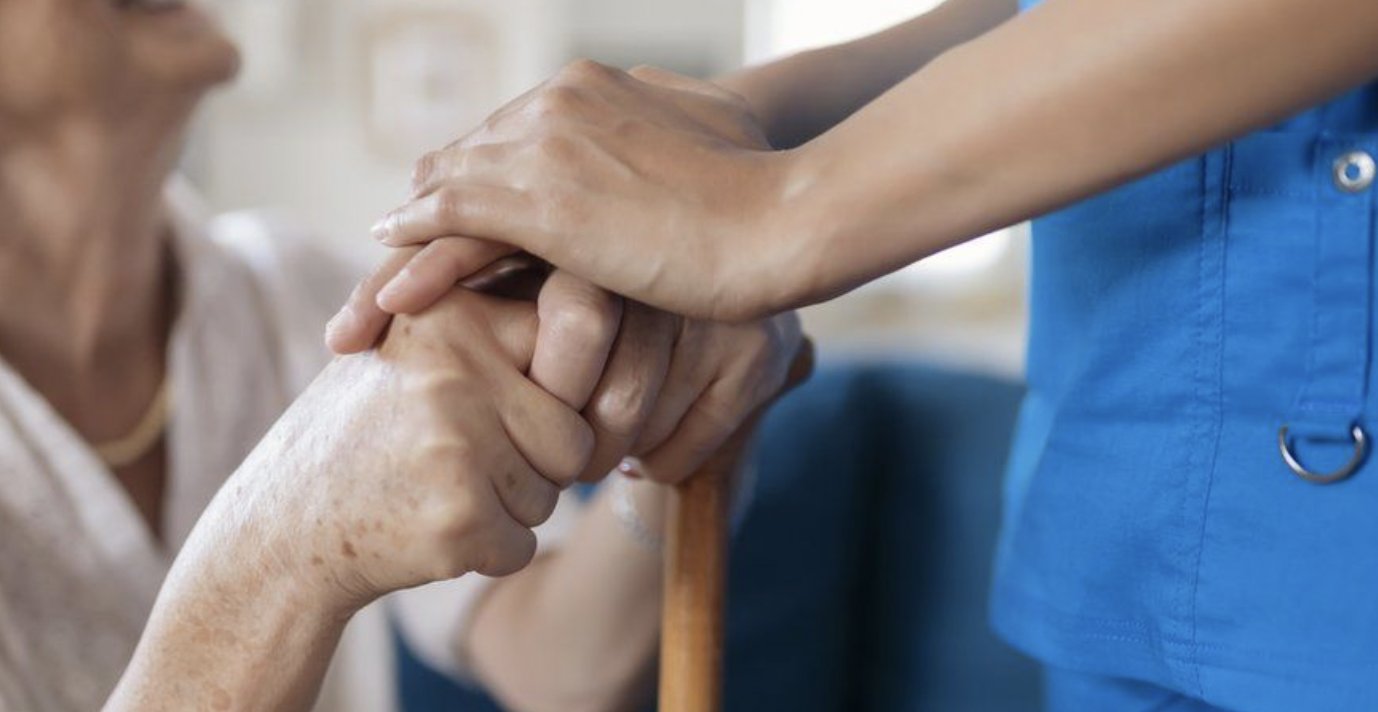News Round-Up
25 April 2024
by Will Jones
Wales to Drop Blanket 20mph Speed Limits
24 April 2024
by Will Jones
Eastern Europe is Showing Britain Up on Free Speech
25 April 2024
by Štěpán Hobza
Transgenderism, Social Media – and Aliens
25 April 2024
